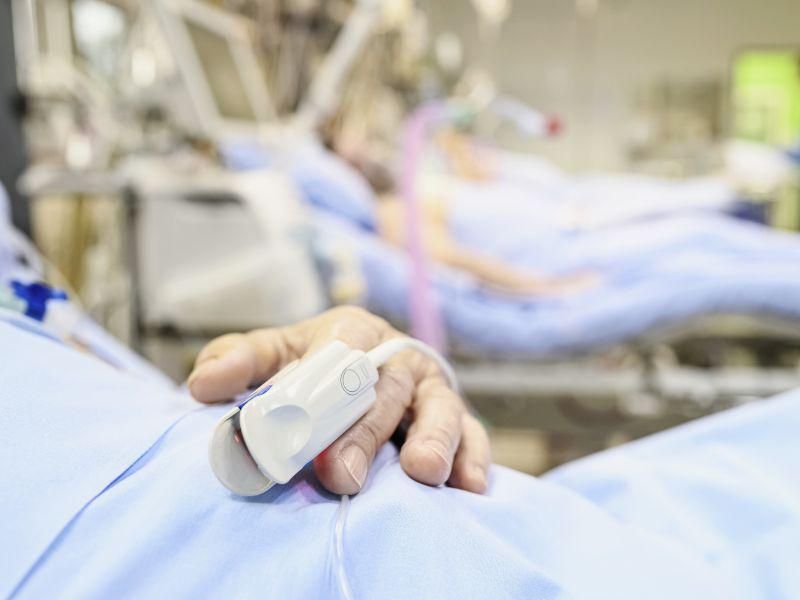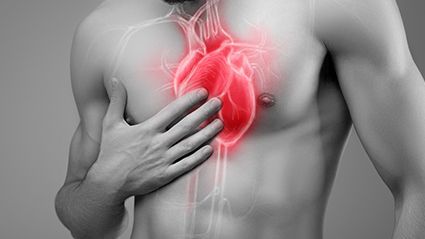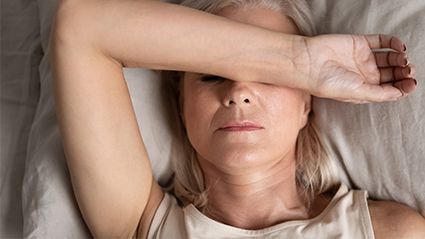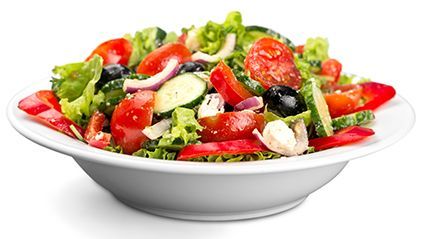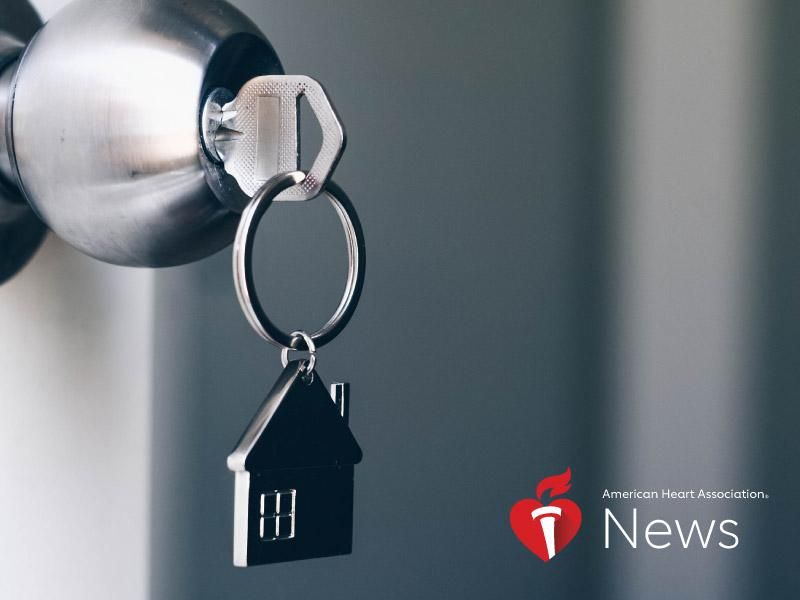
WEDNESDAY, Jan. 27, 2021 (American Heart Association News) — For nearly two years, Ms. D’s 8-year-old twins exclaim “Home sweet home!” every time they cross the threshold of their New York City apartment. Domestic violence drove the family out of their house and into shelter life for nine months. At one point, they commuted two… read on > read on >










